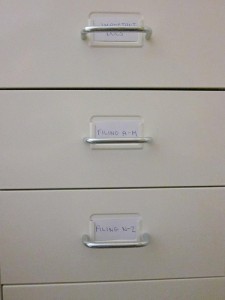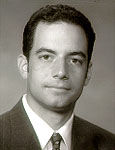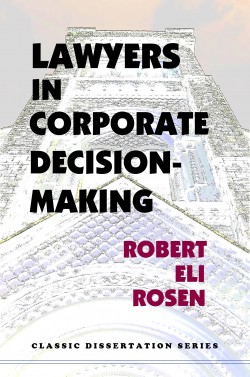Seems like UM has decided to install a web of spy security cameras on campus.
IQinVision, market leader in high-performance HD megapixel IP cameras, today announced the University of Miami, Florida, has installed over 350 IQinVision megapixel cameras throughout its main campus in order to create a safer environment for students, staff, and visitors. The University of Miami is a private research university with more than 15,000 students.
The university had maintained video surveillance for a number of years, but as Jose Ruano, Executive Director of IT Security, explained, “Our challenge was that a university is very de-centralized. We had so many legacy analog systems, and we were looking to bring it all together into a unified system that we could manage in a centralized manner.” Campus Police are responsible for monitoring video and investigating any incidents, but as Ruano pointed out this was made very difficult by the many disparate systems.
In order to integrate all the different video systems into a single unified system, Ruano and colleague Steve Weatherly, Senior Security Engineer, knew the university needed to upgrade to IP. “It was much more economical to upgrade our cameras and run them over the IP network than laying coax,” recalled Weatherly
(via IPSecurityWatch.com – Article – University of Miami installs over 350 megapixel cameras.)
I wonder whether the U. has thought this through carefully:
- Are there rules about siting them so they cannot see into dorm rooms or offices? (This is particularly important for cameras that can be aimed or operated remotely)
- Who has access to the feeds?
- How long are the images stored?
- Are there policies in place as to how to respond to subpoena requests? Will people captured in the images be given notice before their images are shared?
Any other issues I should put on my list before I go asking questions?




